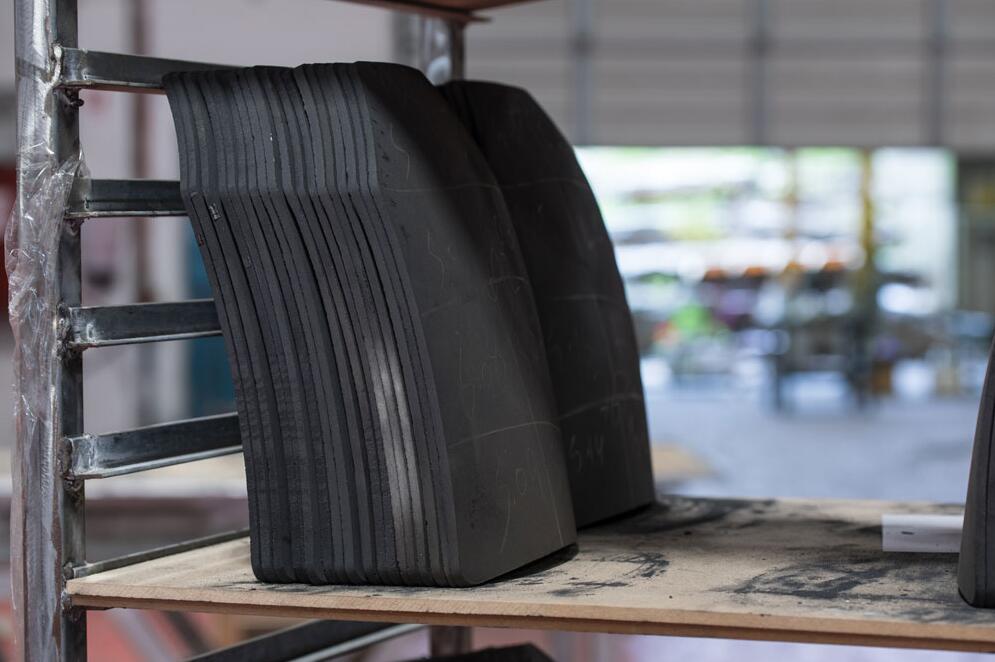Boron carbide ceramics, often referred to as B4C ceramics, are a group of advanced ceramic materials known for their exceptional hardness, high melting point, and excellent wear and chemical resistance. Composed primarily of boron carbide (B4C), these ceramics exhibit a unique combination of properties that make them highly valuable in various industries, including defense, automotive, aerospace, and industrial applications.
One of the key characteristics of boron carbide ceramics is their exceptional hardness. With a hardness level second only to diamond, boron carbide is one of the hardest materials known to man. This extreme hardness provides excellent resistance to wear and abrasion, making boron carbide ceramics ideal for applications that require high levels of durability and longevity.
In addition to hardness, boron carbide ceramics possess excellent chemical resistance. They are highly resistant to chemical attack from acids, alkalis, and corrosive substances, making them suitable for use in harsh environments where chemical exposure is a concern. This resistance to chemical degradation ensures the long-term performance and reliability of boron carbide ceramics in various applications.
Another notable property of boron carbide ceramics is their high melting point. With a melting point exceeding 2,800°C, these ceramics can withstand extremely high temperatures without significant deformation or degradation. This characteristic makes them suitable for use in high-temperature applications such as furnace linings, crucibles, and thermal protection systems.
The exceptional properties of boron carbide ceramics make them highly sought after in the defense industry. Due to their hardness and light weight, boron carbide ceramics are commonly used in the production of body armor and ballistic protection systems. They provide superior protection against projectiles and have become a preferred material for personal and vehicle armor applications.
Beyond defense, boron carbide ceramics find application in various industries. In the automotive sector, they are used in brake pads and clutch discs, where their high hardness and wear resistance contribute to improved performance and longevity. Aerospace applications include components for turbine engines, rocket nozzles, and armor for aircraft structures.
Furthermore, boron carbide ceramics have utility in industrial settings such as cutting tools, abrasive powders, and neutron absorbers in nuclear reactors. Their unique combination of properties makes them valuable for diverse industrial applications, enhancing efficiency and reliability.
Boron carbide ceramics offer exceptional hardness, high melting point, and excellent wear and chemical resistance. Their wide range of applications in defense, automotive, aerospace, and industrial sectors highlights their versatility and value. As research and development continue, boron carbide ceramics are expected to contribute to further advancements in materials science and enable new technologies in various fields.




